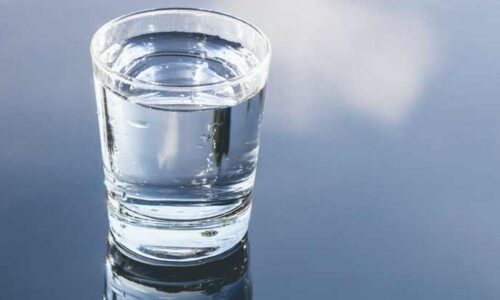In a bid to reserve medical masks for front liners, cloth masks have come in handy. Unlike the medical masks, you need to wash cloth masks frequently. Without proper hygiene, you may risk getting infections when reusing the mask. While most cloth masks are marketed as ‘washable’, not all of them fit this description.
You can use a washing machine for some types of masks, but not all of them. Good detergent and water, however, can still clean your mask. To kill all particles, you’ll need to use a potent detergent.

You can reuse cloth masks when you wash them thoroughly. As you take off the mask, try and ensure that you place it in a cool and dry place. This helps to dry out the moisture collected. Besides, it would be best if you made sure that the mask is completely dry before using it again. So, how do you know if you have a washable face mask?
Medical Masks
Popularly known as surgical masks, these are masks worn mostly by medical practitioners. You might have noticed them on your last visit to a health facility.
Types of Medical Masks
- N95 Respirators – as recommended by the centers for disease control, N95 masks are for the front liners. The general public should avoid using these masks, as they are needed in massive supply by healthcare workers.
- Surgical masks – these masks fit loosely and are equally used by healthcare workers. They are disposable and are not to be worn by more than one person. Some come with face shields and are often generally termed as face masks.
The two masks above are for single-use. Therefore, they are not washable and are instead disposable. Not the best contribution to our environment, which is one reason why cloth masks have become a norm
How Effective Are Medical Masks?
Medical masks are, without any doubt, the most effective option against coronavirus. This is perhaps the reason why they are set aside for medical practitioners. Front liners in the wake of COVID-19 are literal heroes. We owe them a lot as they go through a challenging time in their careers. They face the highest risk, in a battle against an unwanted visitor.
Medical masks, such as the N95 respirators, help keep our heroes safe. Not all heroes wear capes; some wear masks. With this in mind, some non-frontline workers still prefer them over the rest. After all, they are the best when it comes to protection.
The latter, surgical masks, equally offer a decent layer of protection and are advisable for the general public. However, some medical staff still use them too.
Cloth Masks
Health experts argue that cloth and paper masks help to slow down the spread of COVID-19. They may not be a 100% plan like the medical masks, but they play a significant role.
Types of Cloth Masks
- Cotton masks – most manufacturers use cotton as the most preferred material in the production of face masks. It is comfortable and offers a significant layer of protection. It is equally easy to make through DIY processes.
- Paper materials – although not the most appropriate material to choose for a face mask, paper can work against coronavirus. This is particularly true when it has an antibacterial coating.
- Natural fibers – some use natural fibers to create face masks. Often an excellent material to use, as long as you include an extra layer of antibacterial protection.
- Nylon – nylon face masks are also typical and are quite useful. They are easy to make, and you can create one in the comfort of your home.
Cloth masks are generally reusable. They’re also washable by machine or physical means. So, if you’re looking for a mask you can reuse, your best pick is a cloth mask—the centers for disease control advise the general public to use these masks instead of the medical variants. Be sure, nonetheless, to get one with extra layers of protection. The aim, ultimately, is to ward off the coronavirus disease.
Bonus: Face Mask Safety Tips
Now that you have understood which types of masks are washable, here are tips to help you use them appropriately:
- Limit touching the mask while it’s on your face.
- Sanitize your hands before removing and putting on your mask.
- Although not advised, you can reuse a medical mask. Be sure to isolate it in a breathable container for seven days. It helps to inactivate the virus if present.
- When removing the mask, hold the ear loops rather than the front.
- Sanitize the mask effectively before use.
- Throw your cloth mask into the washer and dryer after you use it. Don’t forget to use good laundry detergent when washing.
Conclusion
In summary, you can wash cloth masks, but not the medical variants. It would also help to observe measures set out by the WHO and centers for disease control – so keep an eye out for their updates.
Author Bio: Anupama Niranjana
I am the founder of Anoodigital.com. I am passionate about Digital Marketing and link building services. I have experience in providing SEO, Outreach link building, Websites Development Services. I believe in providing quality work with full satisfaction to the clients.

